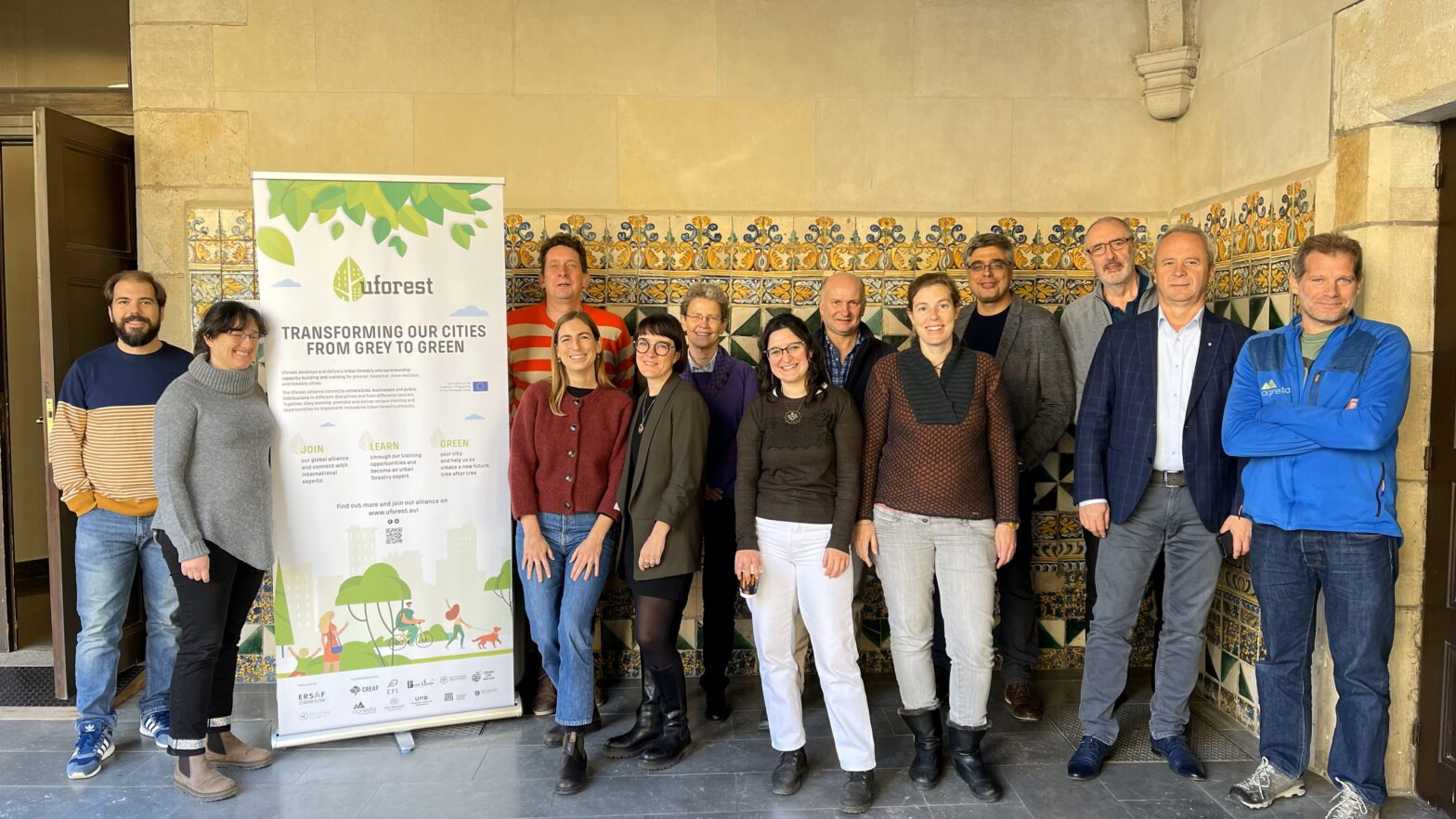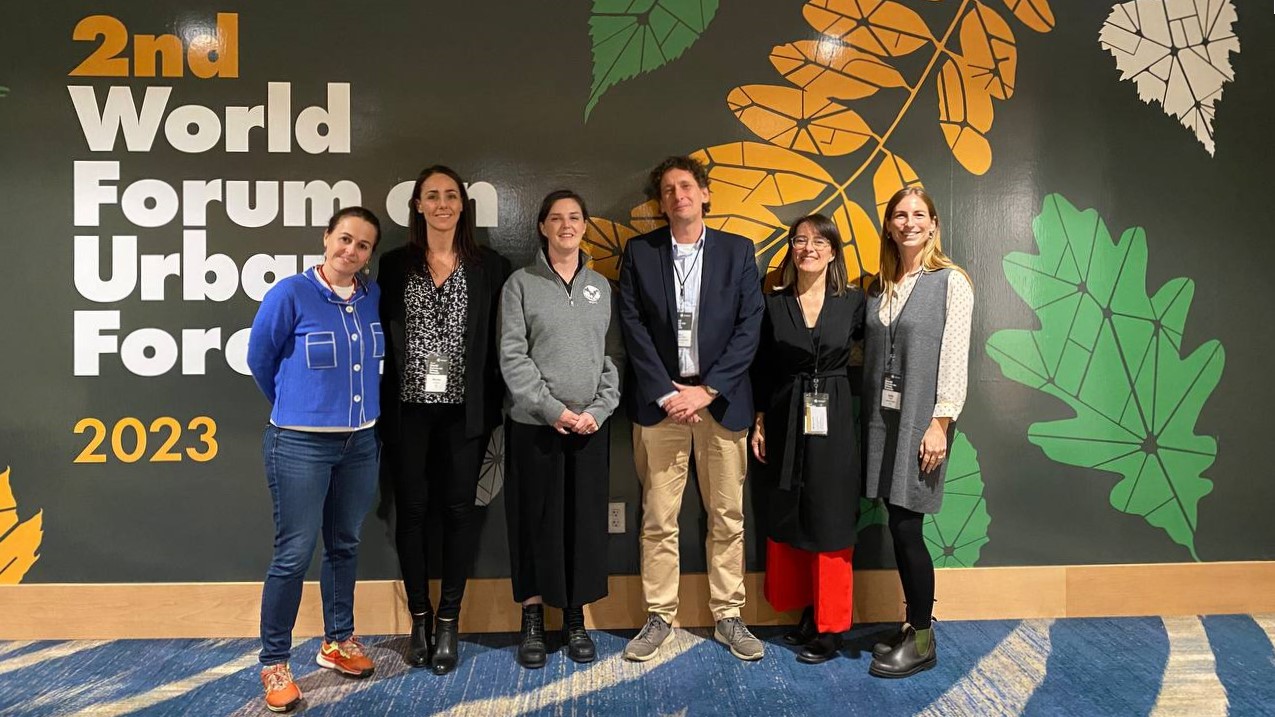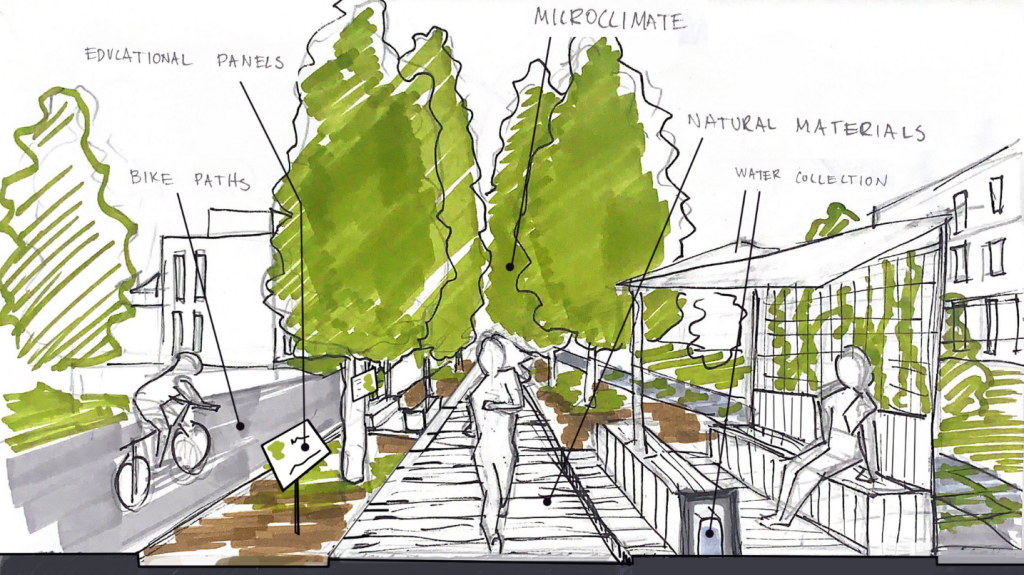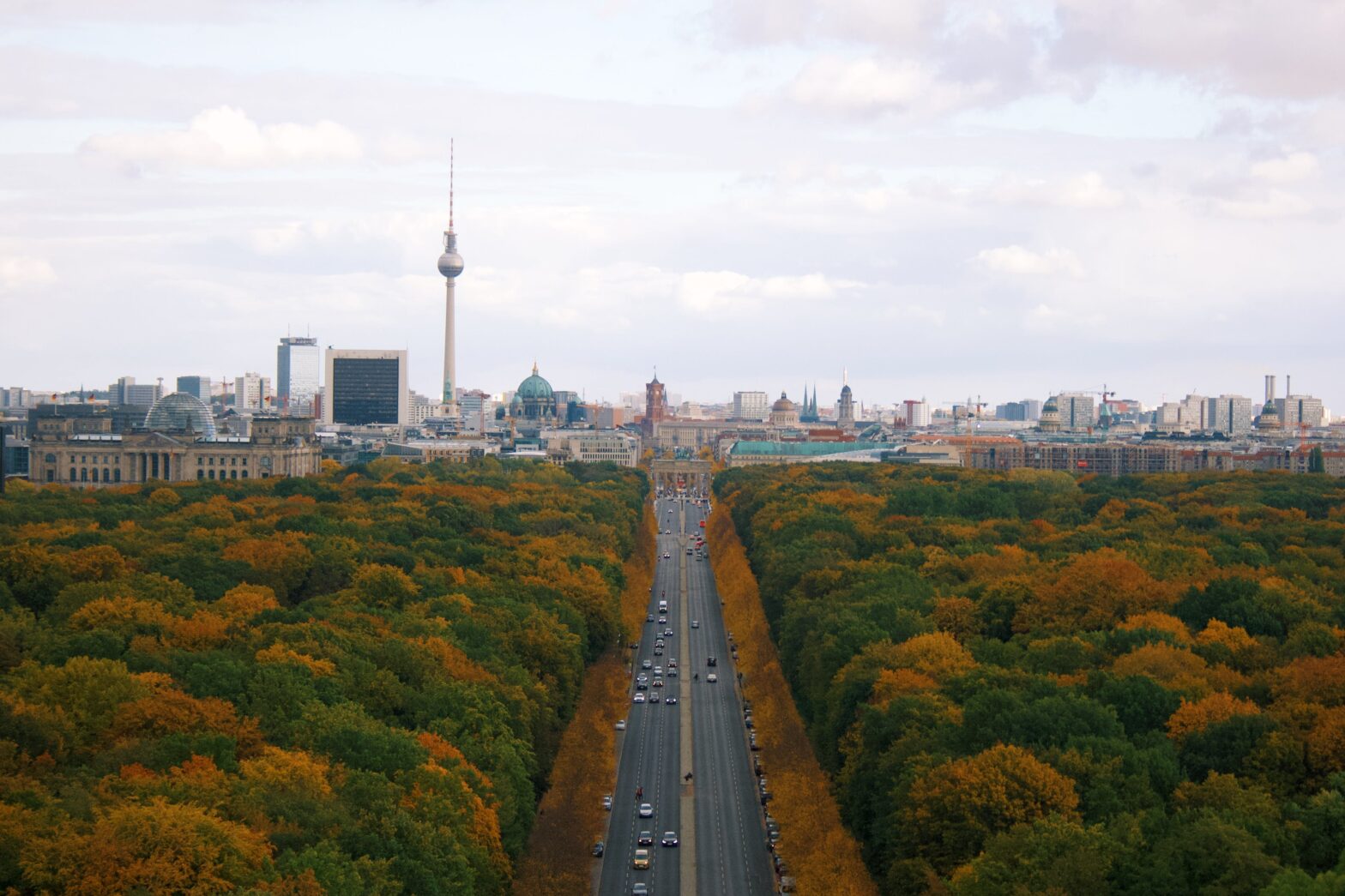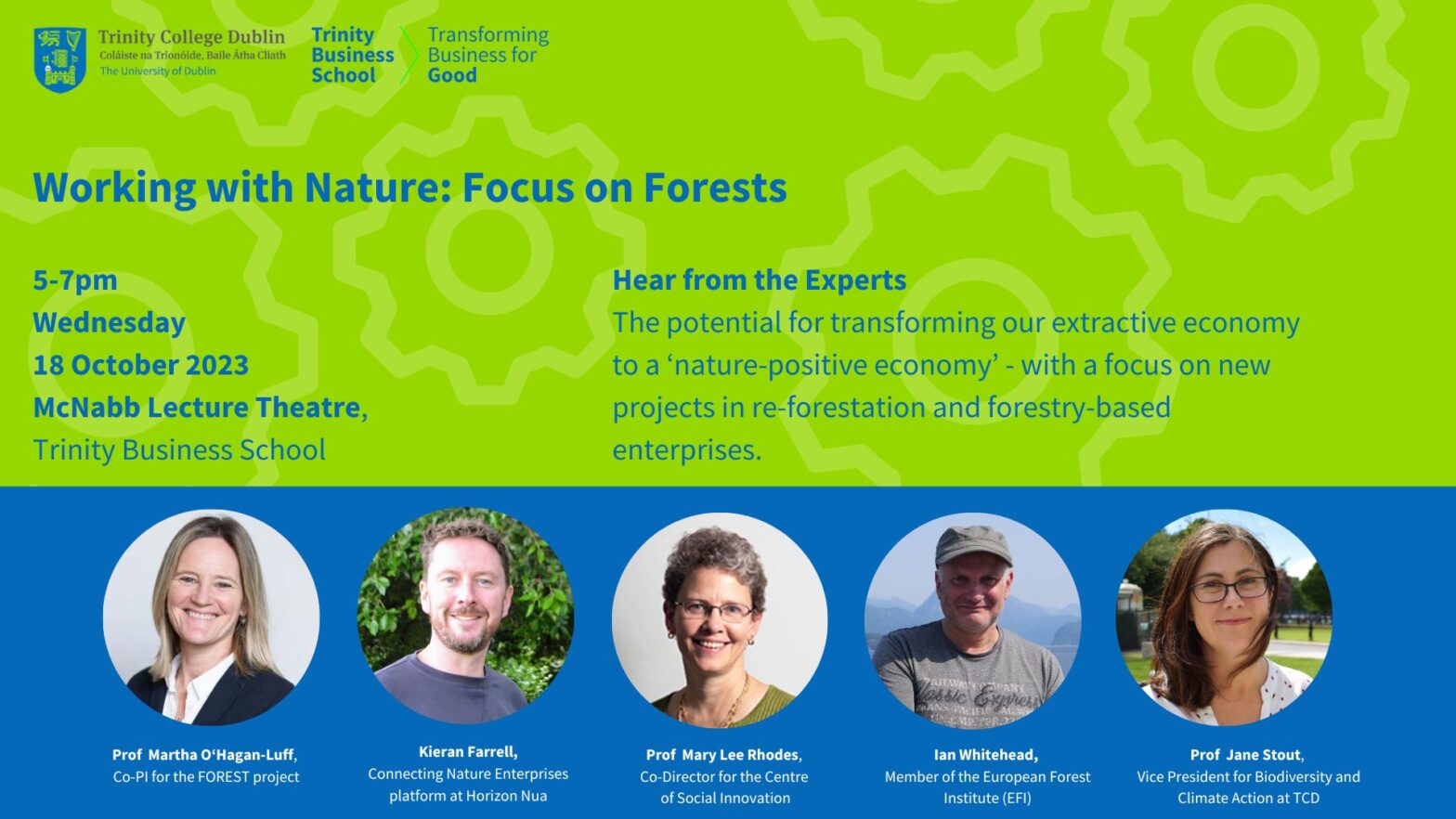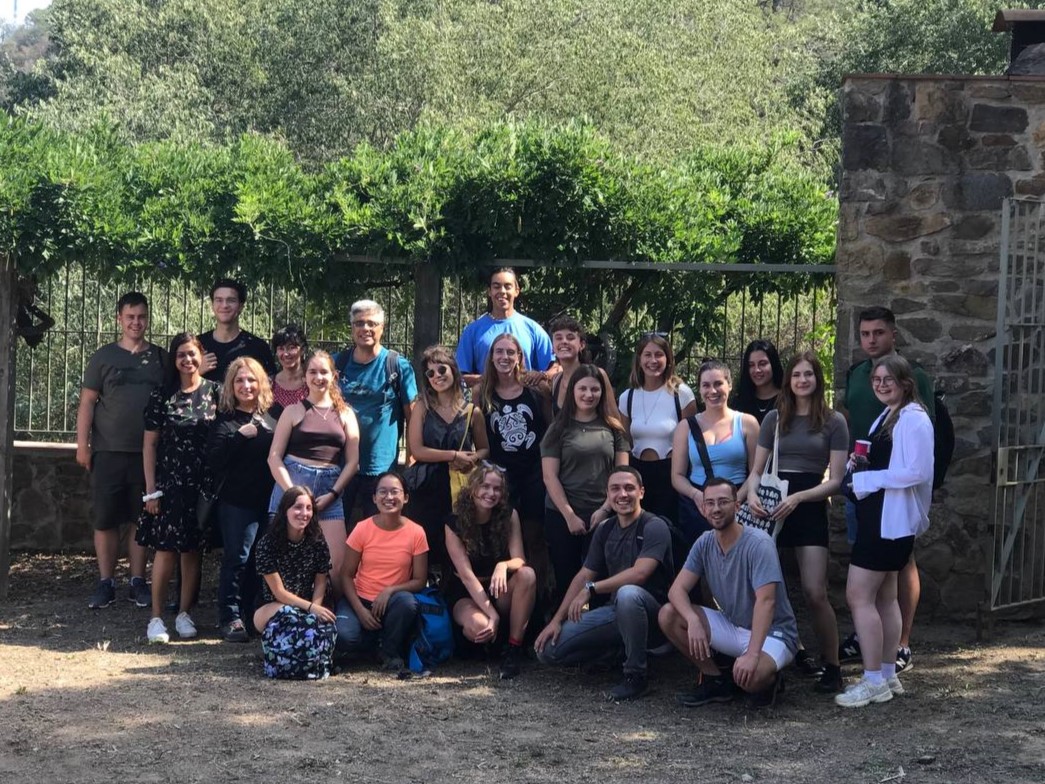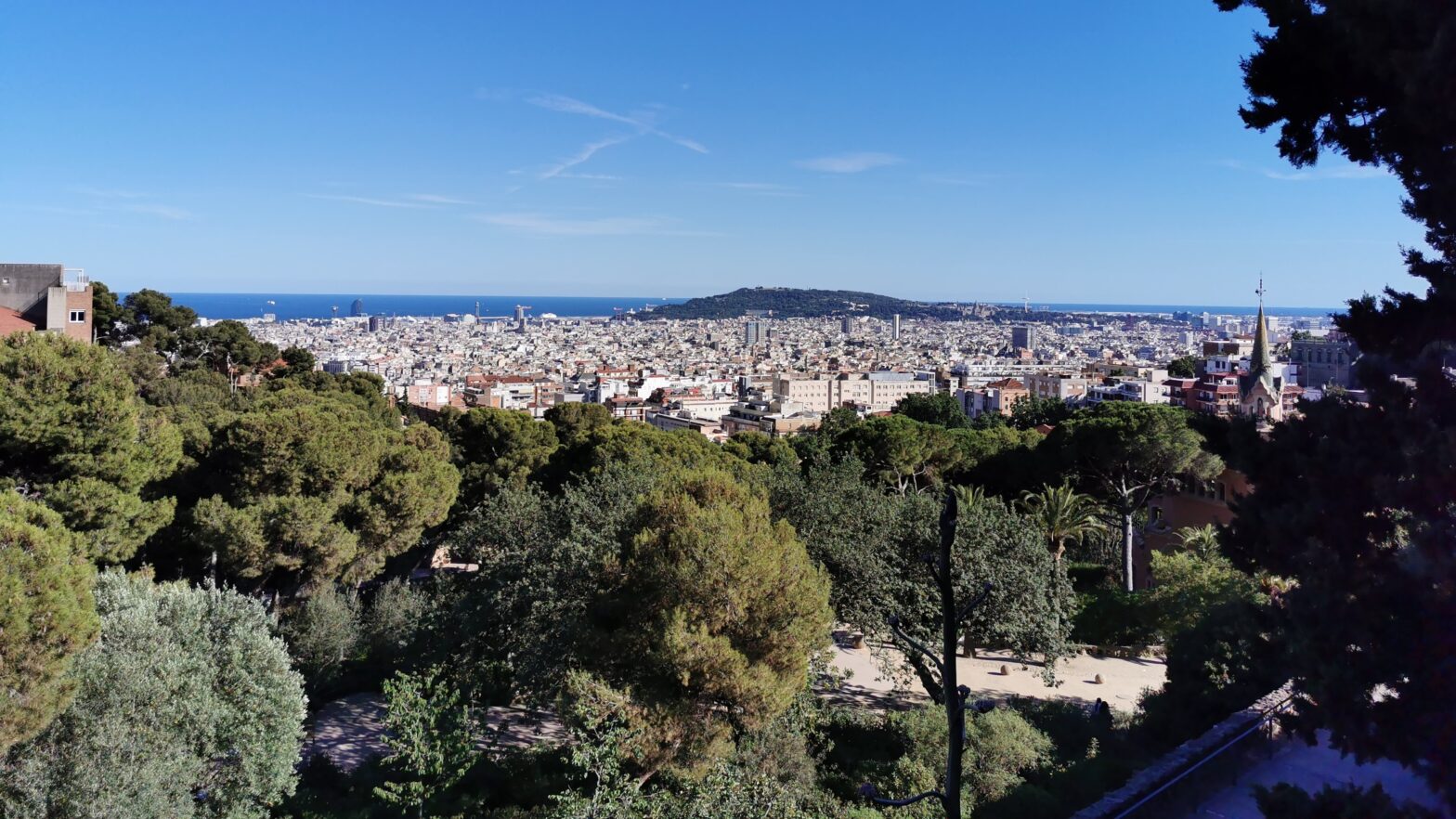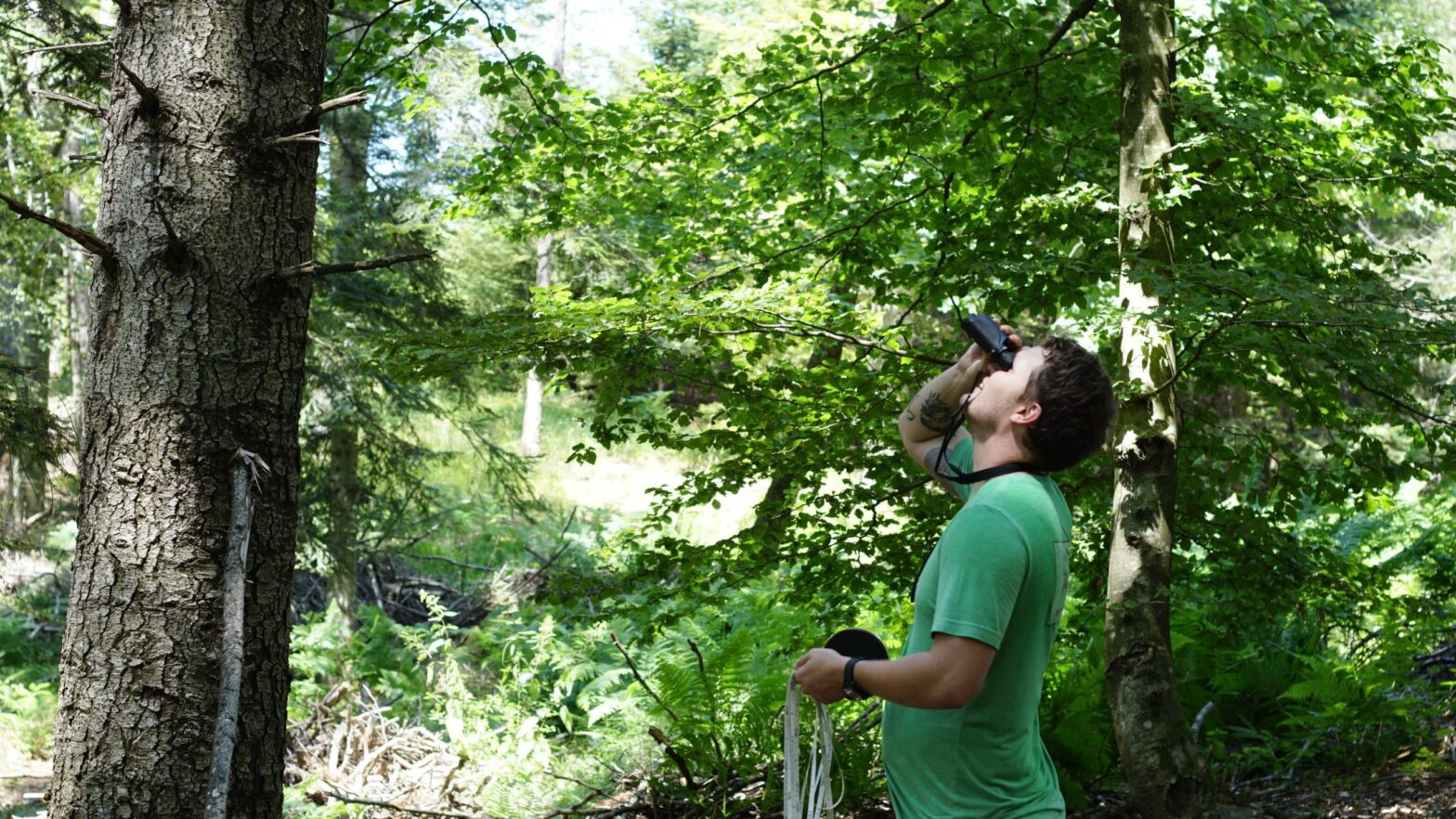Why an Urban Forestry Canvas? During the course of the Uforest project, the need for more practical educational tools that help structure and plan innovative urban forestry projects emerged. The Urban Forestry (UF) Canvas was designed to fill that need. As an output of an Erasmus+ Knowledge Alliance project, the UF Canvas is meant to …
Project Updates
Project Updates3 years of urban forestry promotion and innovation with Uforest
Between events, reports, training opportunities, and more, what was the impact of the Uforest project? All good things come to an end, and so is the Uforest project. After 3 years of work to innovate and promote urban forestry, it is time to reflect on the achievements and results of the project. Born in 2021, …
Continue reading “3 years of urban forestry promotion and innovation with Uforest”
Project UpdatesUforest at the World Forum of Urban Forests
In October 2023, the Uforest team went to Washington to hold a session at the second World Forum on Urban Forests. An opportunity to present our project, connect with other interesting initiatives , and share ideas with professionals from all over the globe.
Project UpdatesWho won the Uforest Innovation Challenge?
The Uforest Innovation Challenge allowed students from our Specialization School to work on the development of an urban forestry solution. From administrative and ecological constraints to communication and stakeholder engagements, our students gained in-depth knowledge on the different aspects of project development.
Urban Forestry InsightsUrban forests: a global perspective
In recognition of the diversity and distinctiveness of urban forestry approaches, FAO asked experts around the world to share their views on how urban forests and trees are perceived and managed in their respective geographical areas. In the report, our partner from EFI shared their on the European context.
Worldwide eventsWorking with nature: focus on forests
Uforest national launch event in Ireland with the Trinity Business School Business has a lot to answer for in relation to the climate emergency, but also has much to contribute to the necessary changes in behaviour required to ensure people and the earth have a future together. This was the main focus of the event …
Project UpdatesUforest Specialization School: feedback from the students
With 23 seminars and workshops, 8 field trips, and 1 project development activity, the two weeks of the Uforest Specialization School were quite intense. Today we look back at this training to better understand how it went and what was the students’ perception of their experience. After analyzing the results of our survey, we are happy to say that we receive very positive feedback.
Urban Forestry InsightsWho and what is the urban forestry entrepreneur and entrepreneurship
While at the beginning the term “entrepreneurship” was conceived as something purely value-driven, later it developed into something interlinked with innovation. For this reason, entrepreneurship is very relevant also in other contexts and not only in the economic one. In urban forestry, entrepreneurship can boost innovation and provide solutions that are inclusive, participatory and engaging.
Project UpdatesUforest Innovation Challenge
In the framework of the Specialization School, the Innovation Challenge will see students developing their own urban forestry project to address a specific challenge.
Project UpdatesGaining in-depth urban forestry knowledge with the Uforest Specialization School
Starting on the 12th of September the Uforest Specialization School is a 14-day in-presence training, with one week in Milan and one week in Barcelona. The Specialization School aims at providing students with the necessary skills and insights to work in the urban forestry sector.

